
Europe announces unprecedented levels of mosquito-borne diseases, including a virus now spreading in 16 countries. The reasons are attributed to climatic and environmental factors.

- Europe and Arabs
- Thursday , 21 August 2025 9:34 AM GMT
Brussels: Europe and the Arabs
The European Centre for Disease Prevention and Control (ECDC) has warned that diseases transmitted by these insects have reached "unnatural" levels in Europe.
On World Mosquito Day, the centre explained that the continent is experiencing record outbreaks of West Nile Virus (WNV) and Chikungunya, which requires a strong and coordinated response to protect public health. According to a report by the European news network in Brussels, Euronews,
the centre attributed the increase in cases to climatic and environmental factors, including rising temperatures, longer summers, milder winters, and changing rainfall patterns, which, according to it, create a favorable environment for mosquitoes to thrive and transmit viruses.
"Europe is entering a new phase, where longer, more widespread, and more intense transmission of mosquito-borne diseases is the new normal," said Pamela Rende-Wagner, director of the ECDC.
The mosquito that transmits Chikungunya (Aedes albopictus) is now present in 16 European countries and 369 regions, compared to only 114 regions a decade ago. Since the beginning of 2025, the continent has recorded a record 27 cases of the virus, including the first local case in Alsace, France.
Concerning West Nile virus infections, cases were reported this year in the Italian provinces of Latina and Frosinone, and the province of Salaj, Romania. This represents the highest number of cases in Europe in three years, and the Center expects them to continue rising, reaching their seasonal peak in August or September.
In this context, the Center has issued new guidelines that include practical measures for monitoring, preventing, and controlling chikungunya, dengue, and Zika, with recommendations tailored to European countries, including those that have not previously faced these diseases.
Dr. Celine Gossner, Head of the Department of Foodborne, Waterborne, and Vector-borne Diseases at ECDC, said: "With the changing landscape of mosquito-borne diseases, more people in Europe will be at risk in the future. This makes prevention more important than ever, through coordinated public action and individual measures, with an urgent need to expand mosquito control interventions with efficient and environmentally friendly methods." The center urged residents and visitors in affected areas, especially the elderly, children, and those with weakened immune systems, to protect themselves from mosquito bites by using insecticide sprays, wearing long clothing, especially at dawn and dusk, installing window screens, using mosquito nets, and using air conditioners or fans.
World Mosquito Day
World Mosquito Day is celebrated annually on August 20 to commemorate the discovery by British physician Sir Ronald Ross in 1897 that female Anopheles mosquitoes transmit malaria between humans.
Health agencies use this day to highlight mosquito-borne diseases and promote prevention.



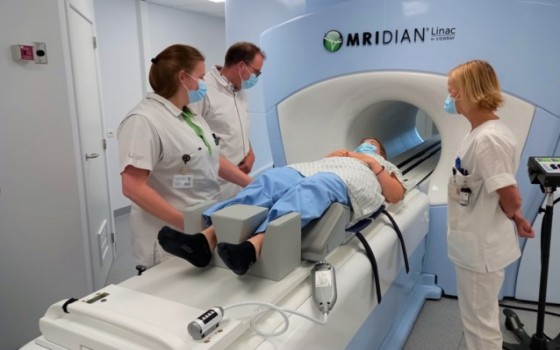
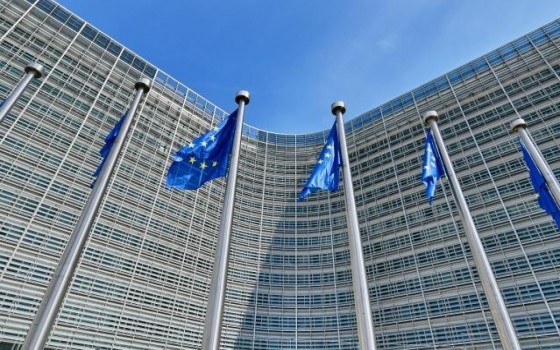
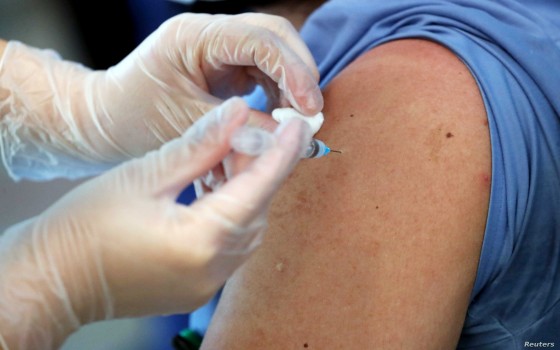
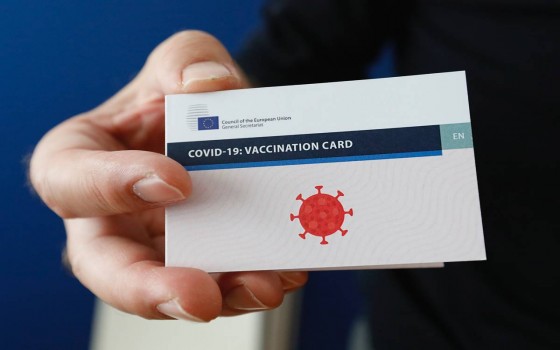


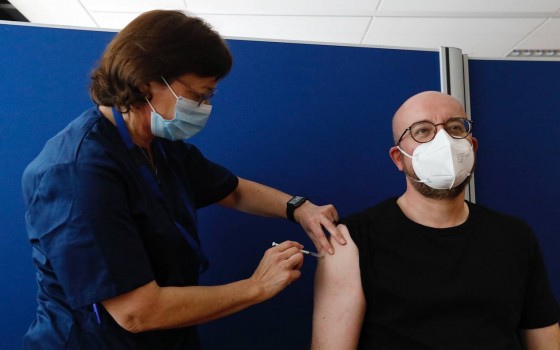


No Comments Found